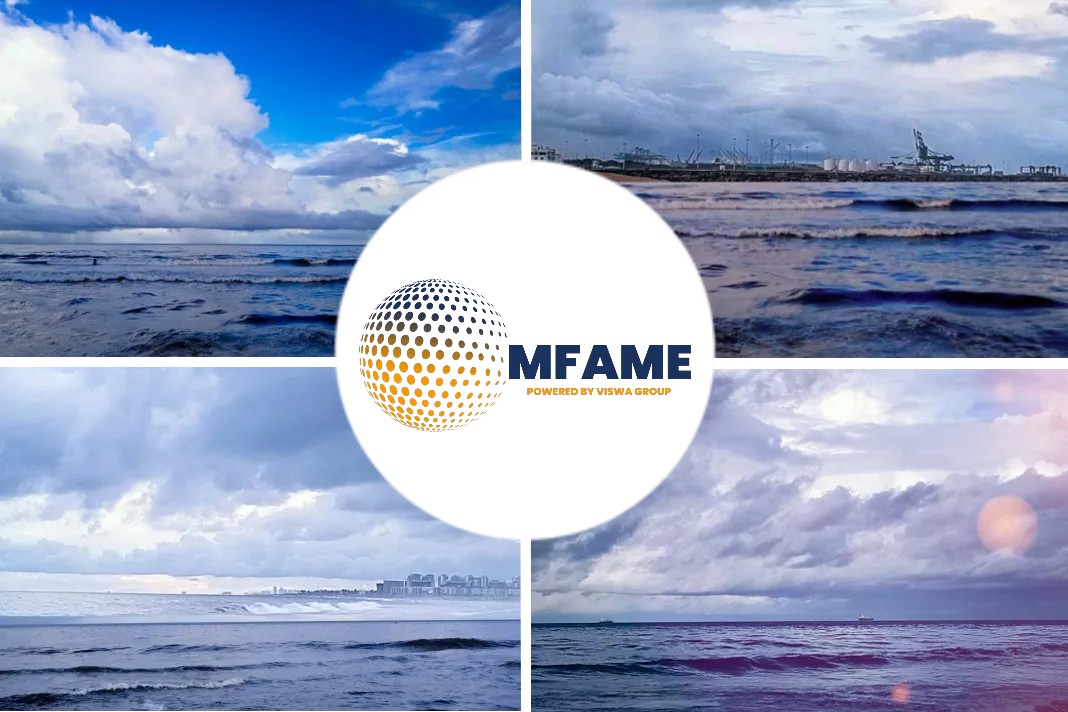
The International Maritime Organisation (IMO) has adopted a global emissions reduction strategy which aims to cut emissions by 20% by 2030, but industry bodies have raised concerns this does not go far enough.
The International Maritime Organisation (IMO) has changed its emissions strategy to achieve net-zero global shipping emissions by “close to 2050,” amending previous targets published in 2018, which sought to reduce GHG emissions by only 50% by 2050 and contained no absolute emissions reduction targets for the intervening years.
It also added that it will lower CO2 emissions per transport work by at least 40% by 2030, on average across international shipping.
The policy intends to cut total greenhouse gas emissions by 20% by 2030 and 70% by 2040.
The European Commission welcomed the announcement, calling it a “milestone” for cutting transport’s carbon footprint and a “solid foundation for the years to come”. It praised the strategy for taking into account the “lifecycle emissions” of marine fuels, “thereby preventing a shift of emissions to other sectors”.However, environmental organisations have raised concerns that these targets do not go far enough.
Global shipping campaigner Say No to LNG’s campaign global director Elissama Menezes told Supply Management the strategy made progress on taking more GHG emissions from marine fuels into account, but warned the overall reduction targets “still fall short of effectively tackling the climate crisis”.
“The outcomes of this meeting call for unity and transformative change beyond the walls of the IMO. We must rise above the status quo and chart the course for a sustainable shipping future that prioritises environmental justice and well-being for all.”
Shipping Coalition
Meanwhile, environmental organisations association Seas at Risk said it was “deeply

concerned” by the IMO’s “failure” to align global shipping with the Paris Agreement’s 1.5C temperature-warming limit.
Seas at Risk’s clean shipping coalition lead, John Maggs, said: “There is no excuse for this wish and a prayer agreement. The level of ambition agreed is far short of what is needed to be sure of keeping global heating below 1.5ºC and the language seemingly contrived to be vague and non-committal.”
The current strategy will see shipping exceed its carbon budget by 2033, it said, and said the IMO would need to halve emissions by 2030 and reach zero by 2040 in order to limit global warming.
Clean transport campaign group Transport and Environment’s shipping director, Faïg Abbasov, added: “Waiting until 2050 to decarbonise is a bit like waiting until your house burns down before you call the fire brigade. This would be irresponsible and disingenuous. The evidence shows that halving emissions by 2030 is technically possible and that the costs are manageable. What is needed is the political will. The IMO cannot afford to miss this opportunity.”
Policy Endorsed
The International Maritime Organisation (IMO), a United Nations specialised organisation in charge of worldwide shipping standards, met last week to formally endorse the 2023 IMO Strategy on Reducing GHG Emissions from Ships.
The policy also promises to lowering the carbon intensity of shipping by improving ship energy efficiency, and to guaranteeing that alternative zero and near-zero GHG fuels account for at least 5% of international shipping energy consumption by 2030.
IMO secretary-general, Kitack Lim, said: “The adoption of the 2023 IMO Greenhouse Gas Strategy is a monumental development for IMO and opens a new chapter towards maritime decarbonization. At the same time, it is not the end goal, it is in many ways a starting point for the work that needs to intensify even more over the years and decades ahead of us. However, with the Revised Strategy that you have now agreed on, we have a clear direction, a common vision, and ambitious targets to guide us to deliver what the world expects from us.”
Did you subscribe to our newsletter?
It’s free! Click here to subscribe!
Source: cips















